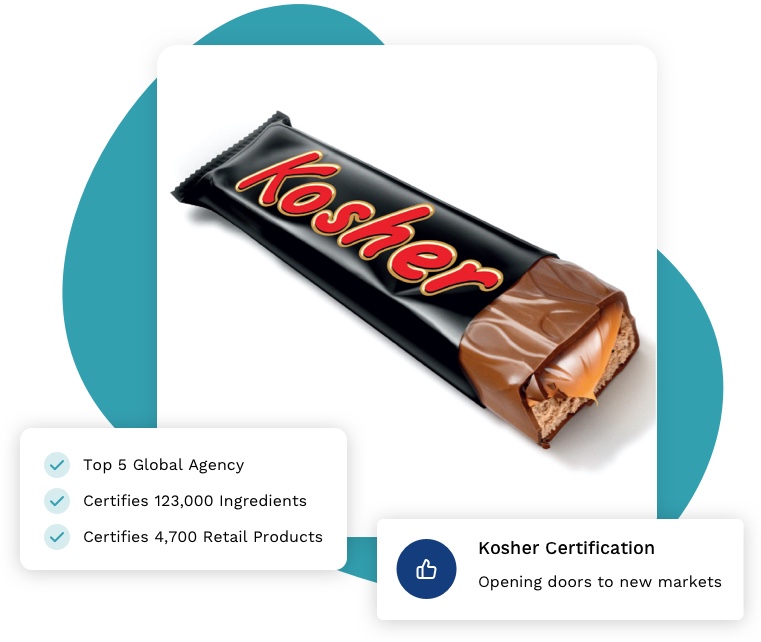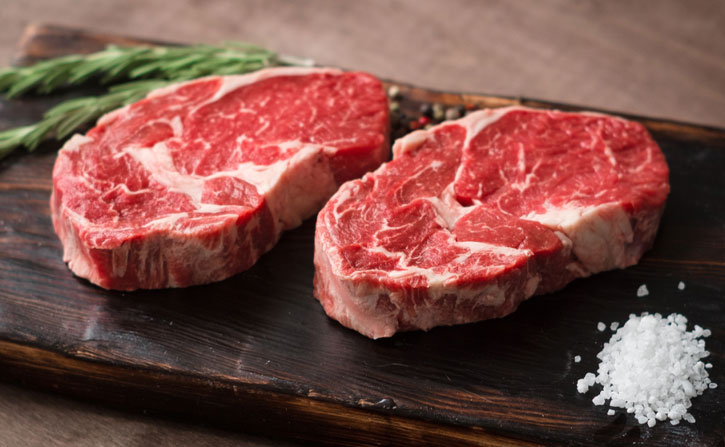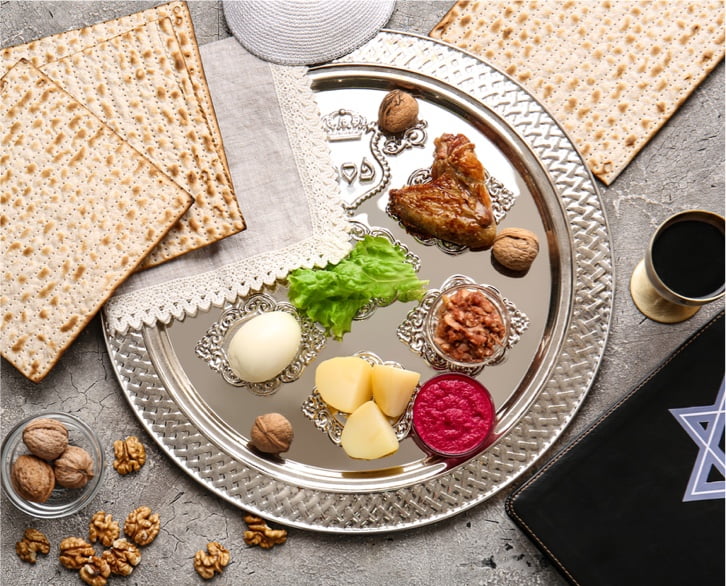

As instructed in the Bible, not all animals and birds are kosher. Common animals that are kosher include: cow, goat and sheep. Common animals that are not kosher include: pig, horse, camel and rabbit. The same applies to birds. Most poultry is kosher. This includes: chicken, turkey, goose and duck.
In order for meat and poultry to be kosher there are additional requirements. These include slaughter in accordance with Jewish law and removal of blood via salting or roasting. This must all be done under strict rabbinical supervision. Retail products containing any animal or poultry derived ingredient are assumed to be non-kosher unless certified by a reputable kosher agency.



Food that does not contain any meat or dairy ingredients is known as Parev. For a food to be kosher certified as Parev it must also not share production equipment with meat or dairy products when these are produced at a temperature above 40°C. Parev foods may include egg and fish.
On the whole, parev foods present fewer kosher complexities than either meat or dairy foods.
Every spring, the Jewish people celebrate the festival of Passover for 8 days. During this time Jews may not eat any leaven or fermented food or drink made from the following five grains: wheat, barley, oat, spelt and rye. Jews also may not use dishes, utensils or cookware that have been used for these grains.
Many Jewish communities also refrain from ‘Kitniyot’ during the Passover period. These are legumes or pulses which include corn, soy, rapeseed, peanuts, beans and rice.
Therefore, there are two standard for Passover products:


Pas Palter is the basic kosher standard, which would suffice for the general kosher market. However, there are those who are stricter and would only eat Pas Yisroel. There are a number of simple ways to achieve Pas Yisroel status without constant onsite supervision.
Certain cooked foods require a Jew to be involved in the preparation in order for the product to be kosher for example by turning on the oven. These include rice, eggs and meat.